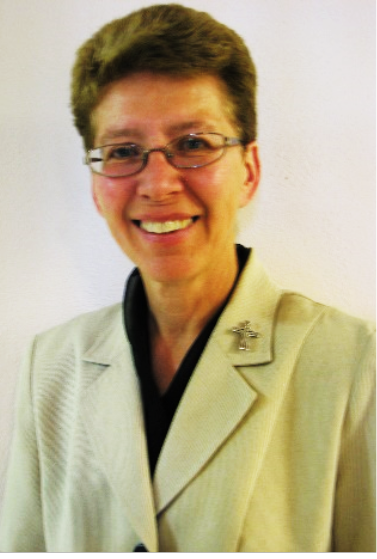Luke’s gospel puts Jesus on a journey ever onward to Jerusalem where his mission will be fulfilled in his death, resurrection, and ascension. As we walk the journey we see how the Eucharist is part of the journey filled with reconciliation, miracles, evangelizing. In the famous story of the multiplication of the loaves at Bethsaida, the reference to Eucharist is quite evident in the key words take, bless, break, give. These four words have been part of Eucharistic prayers down through the centuries. (We’ll see them again in Luke’s gospel.) In this story, Jesus’ actions and words are very like the celebration of Eucharist in the early Church when Luke wrote his gospel. Luke was writing more than a biography of Jesus’ life; he was addressing issues of concern for the early Christians around 75 A.D. when he wrote. Accordingly, Luke writes of both the sacramental life of the Church and the historical-theological life of Jesus as prophet, Messiah, and Lord (God).
Eucharist can never be separated from the gospels. Nor can we separate the Eucharist from our lives. We live the Eucharist. We don’t just go to Mass; we live the Mass. We die and rise with Jesus Christ in his perpetual self-offering of the Paschal Mystery.
Our Mass combines the Liturgy of the Word and the Liturgy of the Eucharist. Word and Sacrament. Both feet are needed on our journey to the Kingdom of God.





